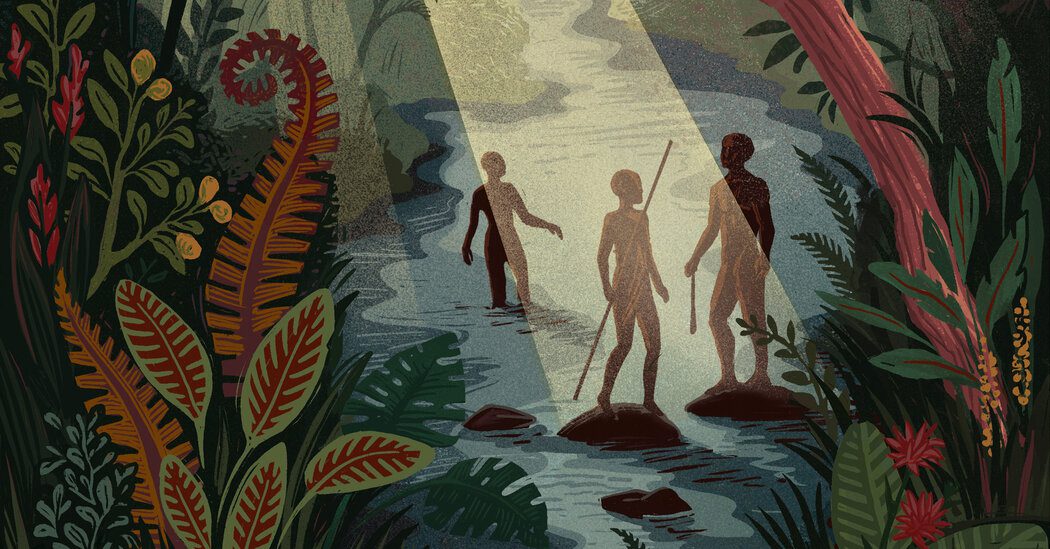

For many years, experts believed that the birthplace of Homo sapiens was the East African savanna. However, emerging research suggests a broader narrative: our species may have developed throughout Africa over the last few hundred thousand years. If this theory holds true, it implies that early humans were adept at adapting to a wide range of environments beyond just grasslands. A recent study indicates that as far back as 150,000 years ago, some of our ancestors thrived in the depths of West African rainforests.
Eleanor Scerri, an evolutionary archaeologist at the Max Planck Institute of Geoanthropology in Jena, Germany, highlighted this, stating that “from a very early stage, ecological diversification is central to our species.”
Previously, in the 20th century, significant fossil and stone tool discoveries in East African savannas led many researchers to conclude that our ancestors were particularly well-suited for life in grasslands and open woodlands, which enabled them to hunt large herds of animals.
The prevailing view suggested that it was only later that Homo sapiens developed the versatility needed to survive in more challenging environments, with tropical rainforests being considered among the most difficult of all. These dense jungles present challenges like limited visibility for hunting and numerous hiding spots for predators.
Dr. Scerri noted, “In these environments, it can be difficult to identify potential prey, as well as threats.”
However, in 2018, Dr. Scerri and her team disputed the notion that East African grasslands were the sole origin point for humanity. They proposed that the wealth of stone tools and fossils found in that area might simply be a result of the site’s conducive conditions for preserving historical artifacts.








